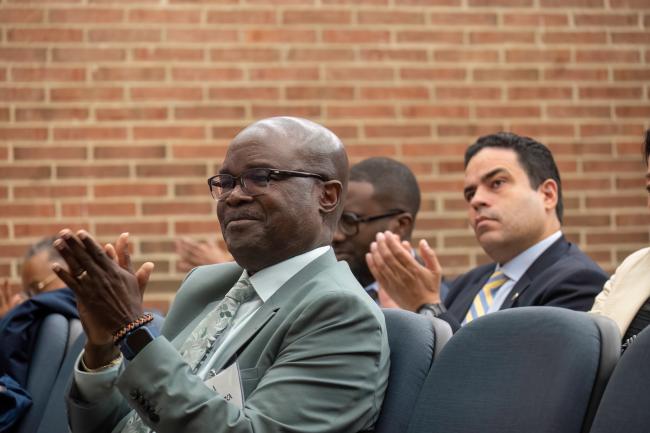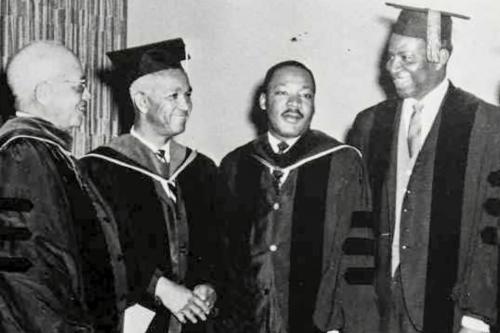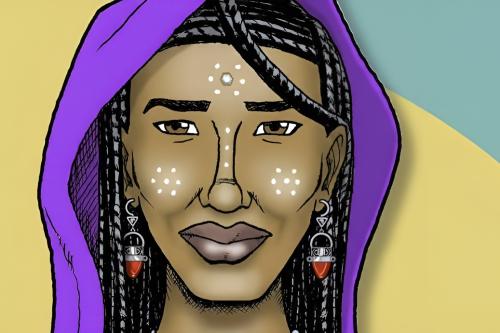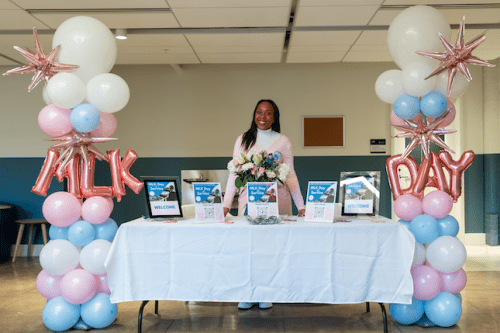On May 21 and 22, Howard University hosted an international conference celebrating the 70th birthday of renowned scholar Paul Tiyambe Zeleza. The event, held at the university’s Blackburn Center, highlighted Zeleza’s contributions to academia, particularly his influential work in African studies, economic history, and diaspora research.
Now the senior advisor for strategic initiatives and a professor of African studies at Howard, Zeleza’s career unites wide-ranging scholarship with institution-building reach. Over four decades, he has led universities on three continents – including a vice chancellorship in Kenya and senior posts at Case Western Reserve and Howard – while securing tens of millions of dollars for higher education expansion, most notably a $63.2 million Mastercard Foundation scholarship fund that benefits 1,000 African students. His 2011-12 study of the African academic diaspora produced the Carnegie African Diaspora Fellowship Program, now linking 600 North American scholars to 170 African universities.
Zeleza’s 28 authored or edited books and five monographs span African economic history, development, gender, human-rights, diaspora, intellectual and cultural studies, and the future of higher education. He is widely cited for reframing the African diaspora as a multidirectional, transnational network rather than a one-way migration narrative, and for arguing that decolonizing knowledge production is essential to equitable global development: ideas that now shape research agendas across African Studies and beyond.
With 300 keynote lectures in 32 countries and service on more than two dozen international boards, Zeleza has catalyzed new conversations, mentored a generation of scholars and leaders, and left a measurable legacy that justifies the celebration of his 70th year.





